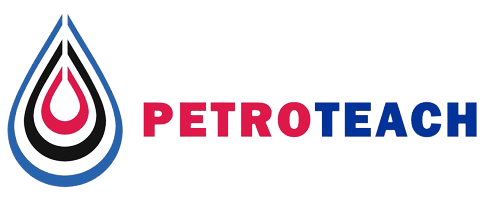Prof. Shedid is a senior consultant and professor in petroleum engineering for more than 25 years. He received his doctorate (Ph.D.) from the University of Oklahoma, USA, in Petroleum Engineering. He conducted several industry technical consultation and research projects in USA, Australia, Egypt, Algeria, and UAE. He authored two books and published numerous scientific papers at the US and Canadian international referred journals and at international conferences about the development of new techniques/models for solving real industry problems. He is a technical editor and/or reviewer for the SPE Journal, SPE Journal of Reservoir Evaluation & Engineering, Journal of Petroleum Science and Engineering, Journal of Petroleum Science and Technology, Journal of Engineering and Geophysics, and Middle-East Journal of Petroleum Technology. He is currently a technical consultant and certified instructor at SPE and NExT-Schlumberger, Texas, USA, plus his work as an Online instructor at the IBC Academy, London, United Kingdom.



